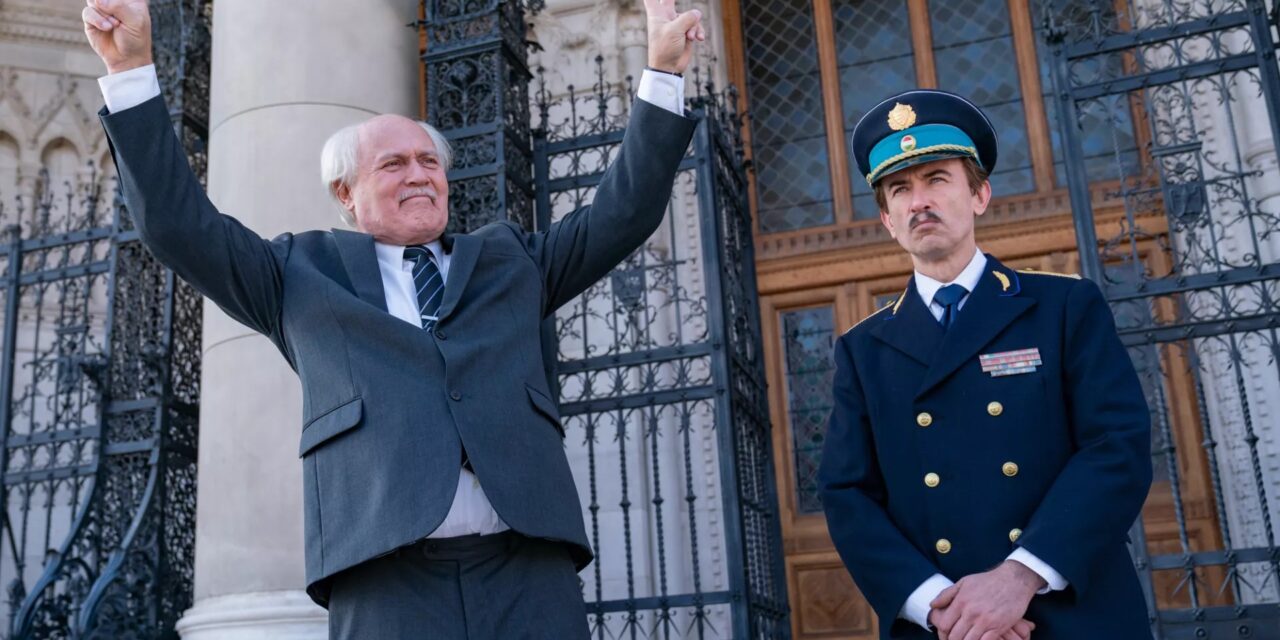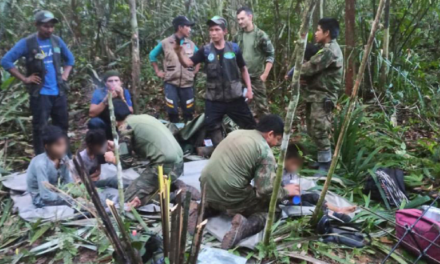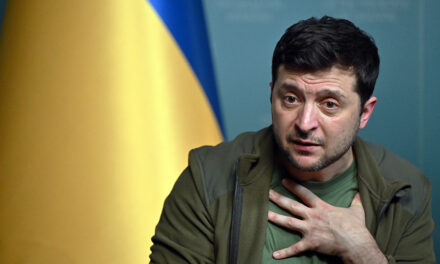It is absolutely important and necessary to make films about Hungary's historical past - emphasized Gergely Gulyás, the minister in charge of the Prime Minister's Office, on Thursday in Tusnádfürdő regarding the film Blokád.
At the program titled The Blockade - and what's behind it, organized at the 32nd Bálványos Summer Free University and Student Camp (Tusványos), Gergely Gulyás spoke about how if we value our past, then film is one of the most important tools for presenting it.
The other question, he continued, is how far back in time you can go.
"If it doesn't have the smell of current politics, it is possible to avoid being infected by the authorities" - which in this case was successful - then you can also make a film about the period of regime change"
he pointed out.
According to Gergely Gulyás's evaluation, the system change has now perhaps reached such a distance that it is not a direct current political assessment, and the events at that time can be viewed objectively.
He also mentioned that
there is agreement that the system change itself, the transition to democracy, was successful and of particular importance in the country's history.
At that time, at the level of daily politics, it was very difficult to get reliable information about who did what in order for there to be a system change in Hungary, for the communists to finally leave, and to entrust the country to those whom the people honor with their trust, he recalled. And if you look at who led Western countries in 1990 and who is leading them today, it can be said that it was a different world, he noted.
Speaking about the head of state at that time, Árpád Göncz said that the president of the republic did not respect the constitution even if the interests of the party that nominated him so desired. A more serious allegation cannot be formulated in the case of a president of the republic - noted the minister, who summarized as follows:
Árpád Göncz's life path made him worthy of the post of head of state, but his presidential activity made him unworthy of it.
Lawyer Imre Kónya, former Minister of the Interior, spoke about the fact that it was the best time to make the film. Now, when people's opinion of politicians is so devastating, it is good to know that there were people who dedicated their whole lives to the service of the nation, he said.
There was not a single moment in József Antall's life that should be even a little bit ashamed of, it is important that a film was made about such a person. The work is also a worthy memory of Árpád Göncz, he noted.
When he appeared in politics, his fellow politicians in the West welcomed him with joy, that he was not an unpredictable revolutionary who would break into the house from the door, but one who behaved like them. He was like a Western politician, and he built up very good relationships in a short time - recalled József Antall.
He had very strict principles, he never lost his direction, but at the same time he was practical
he praised the former prime minister.
Norbert Köbli, the head of MCC Storylab and the film's screenwriter, added: it feels very close when you say the names of MDF, SZDSZ, József Antall or Árpád Göncz. It was a bold commitment on their part to make a film about the regime change, he said.
At the same time, he felt that there is already a historical perspective, there are closed life paths, and the two parties no longer exist. That's why he dared to write this story, because in some ways it has an end, he said.
The taxi blockade was a moment in media history, which was broadcast on TV, and the media also shaped the events
he pointed out.
According to the screenwriter's assessment, József Antall is an anachronistic figure, his thought, word, and deed formed a unity. There is a huge crisis in the country, the prime minister is being operated on for cancer, and he should handle the crisis in such a way that the police and the army back off, but he has grown up to the task and resolved the situation.
For him, it turned out that
you can believe in the idea that there is such a thing as a good person
- summed up the film's screenwriter, who said: they tried to make the viewer believe reality.
In the case of Árpád Göncz, they also searched for the truth of the character, he read the only book about him, he added, noting that the gaps are more telling than the contents. He described him as a hiding figure who was a secret, a riddle.
MTI
Cover photo: Blockade scene photo / Photo: Attila Szvacsek / InterCom













